
Blood tests are performed in order for both the doctor and the patient to get insight into the latter's health. These tests have many purposes and, if the patient is healthy, the blood test determines his/her blood group, hemoglobin levels and levels of other components of the blood. On the other hand, if the patient suffers from some sort of an illness, the blood tests are conducted in order to determine the nature of this health problem. Then, cholesterol levels, pathogen presence and glucose levels are most commonly analyzed. In order for this to be possible, the patient needs to fast for a certain period of time prior to the testing.
Fasting before a Blood Test
When a biochemical analysis of the blood is done, it allows the medical staff to gain insight into the patient's sodium, potassium, magnesium, chloride, urea, glucose, creatine and bicarborate levels. The results are compared to the normal levels of these elements and the purpose of this comparison is determining whether one's metabolism is fully functional or not. In order for the results to be accurate, the patient needs to fast.
In fact, fasting is necessary before the glucose test, cholesterol test and lactose tolerance test. Since our body breaks down food once we consumed it, during the digestion process, the food we have recently eaten is bound to raise our glucose levels. Therefore, in order to avoid this, fasting is necessary in order for certain types of blood tests to be accurate enough.
How Is It Done?
In order for this fasting process to be productive, one needs to follow a certain pattern of rules and steps. The fasting itself should take place 8 to 12 hours before the blood testing. The timespan necessary may vary, depending on the blood test to be conducted. As for beverages, water is allowed, unless the doctor allows some other types of drinks too.
Either way, following the doctor's orders religiously is bound to result in a successful blood test. Usually, a glucose blood test requires 12 hours of fasting, triglyceride testing 12-14 hours and cholesterol blood testing 6-12 hours.
All in all, meeting these requirements is crucial for a successful blood testing. Bearing in mind that accurate results are necessary when it comes to blood tests, you are advised to stick to the instructions issued by your doctor and follow the proper fasting procedure before the blood testing itself.


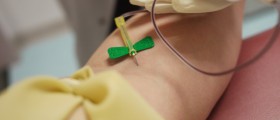


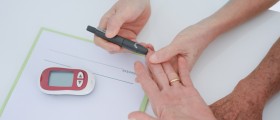



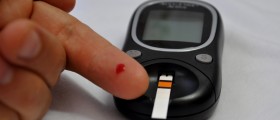



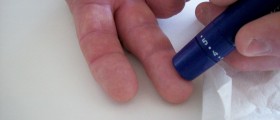
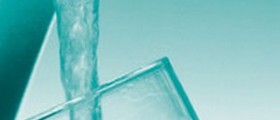


Your thoughts on this
Loading...